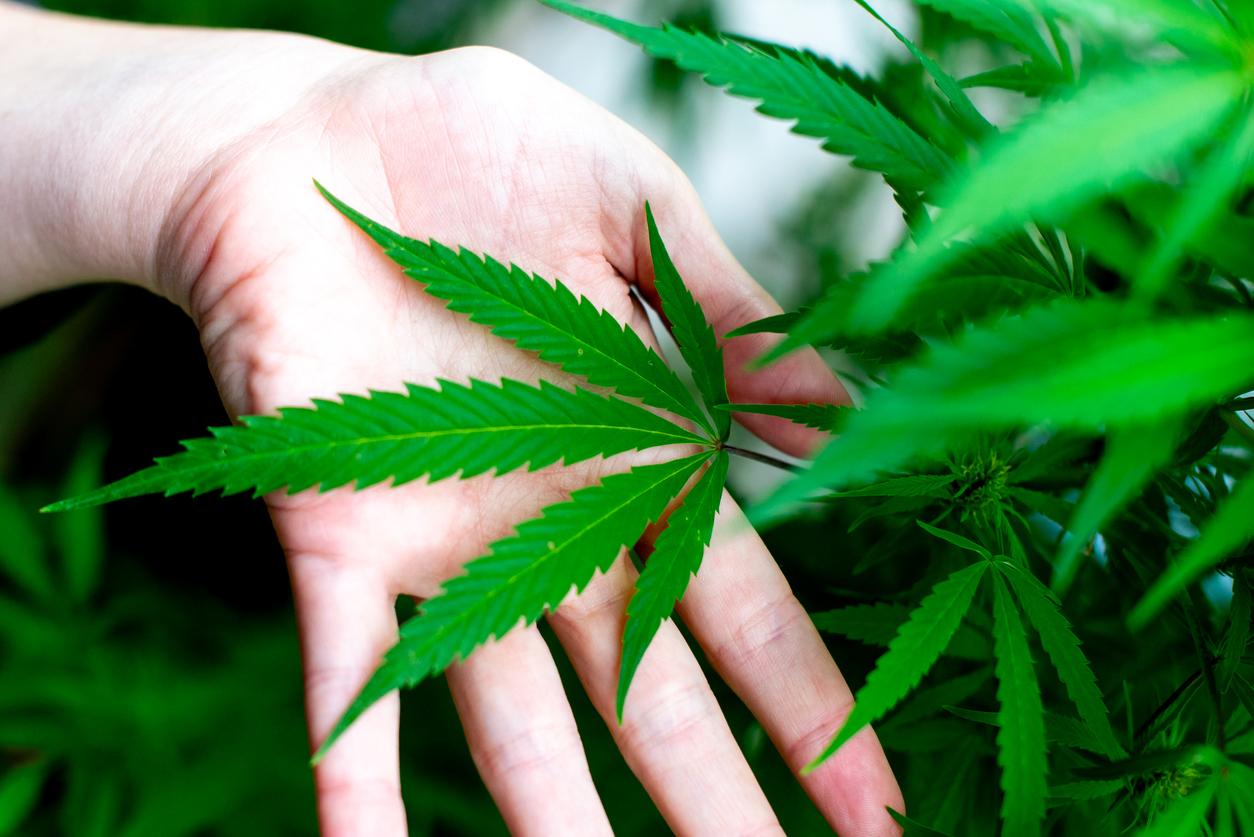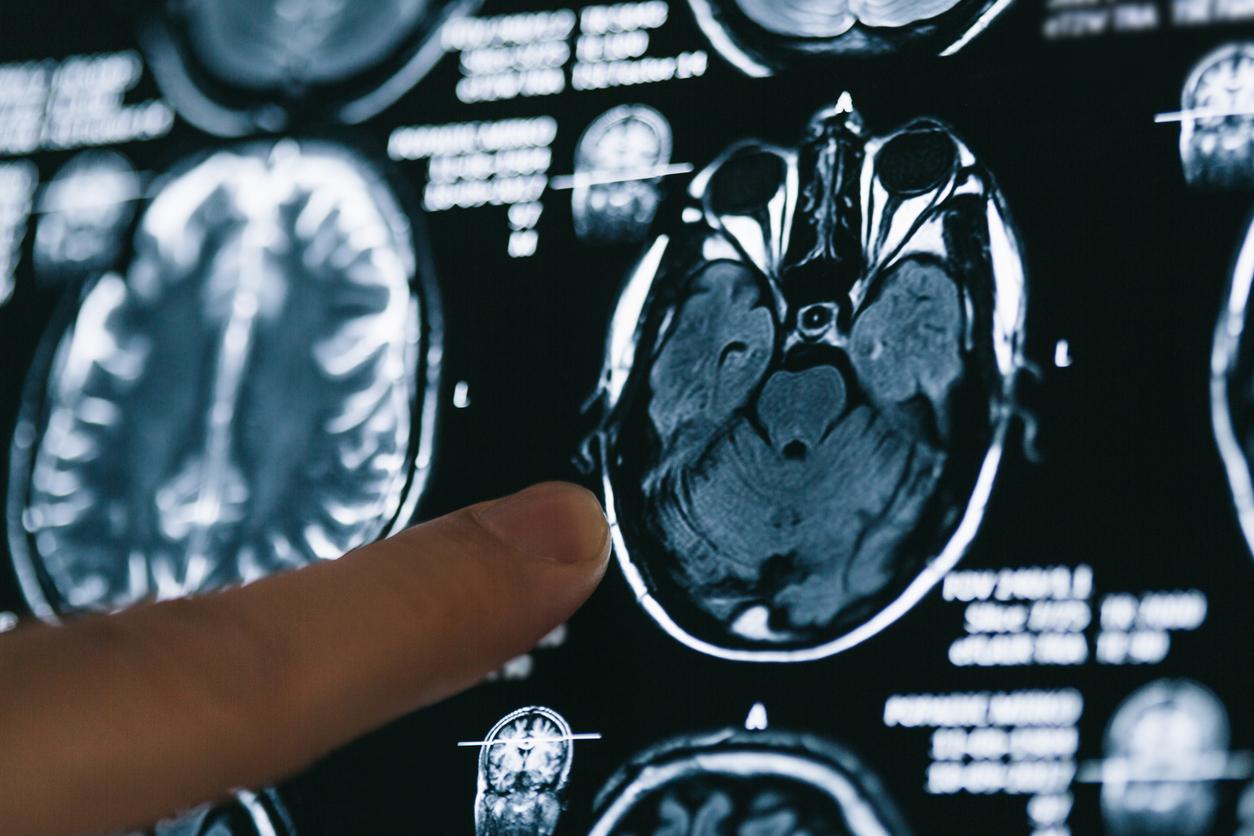Regular cannabis use is linked to increased brain effort during motor tasks.

- Cannabis is by far the most consumed illicit substance in France.
- Regular cannabis users may need more “brain power” to perform simple motor tasks, a new study suggests.
- Previous studies have clearly demonstrated that cannabis can impair attention and memory.
According to a new study published in Human Brain Mappingregular cannabis users may need more “brain power” to perform simple motor tasks.
Previous studies have clearly demonstrated that cannabis can impair attention and memory, but its impact on motor control is less clear.
Motor control is the ability to plan and execute movements, such as walking, typing, or playing an instrument. It involves the activity of nerve cells in the motor cortex, a part of the brain that sends signals to muscles.
Cannabis and motor tasks: 45 people tested
These nerve cells produce neuronal oscillations that can be measured by a non-invasive imaging technique called magnetoencephalography (MEG). This technique allows researchers to track brain activity in real time and understand how different areas of the brain communicate during various tasks and cognitive processes.
The research team, led by Thomas Ward of Boys Town National Research Hospital in Nebraska, first recruited 45 participants aged 20 to 59 years old. She then used MEG to compare the neuronal oscillations of 18 regular cannabis users and 23 non-using controls while they performed a task related to motor control.
To be considered cannabis users, participants had to use cannabis at least three times a week for at least three years. To be considered non-users, participants had to never use cannabis (except for occasional past trials) and avoid any drug use in the past three months.

Cannabis and motor tasks: a compensatory mechanism?
The researchers found after analysis that cannabis users showed stronger neuronal oscillations in the motor cortex and several other brain regions related to movement.
These neuronal oscillations were stronger during the execution phase of the task, but not during the planning phase. This suggests that cannabis users required greater neural activity to perform the same task as non-users.
Thomas Ward and colleagues hypothesized that the stronger oscillations might reflect a compensatory mechanism allowing cannabis users to maintain normal motor performance despite potential impairments caused by cannabis.
“Our results demonstrate that, although regular cannabis users are able to perform the motor control task at the same level as non-using controls, the two groups are very different neurologically.” conclude the researchers.
Cannabis is by far the most consumed illicit substance in France.

















